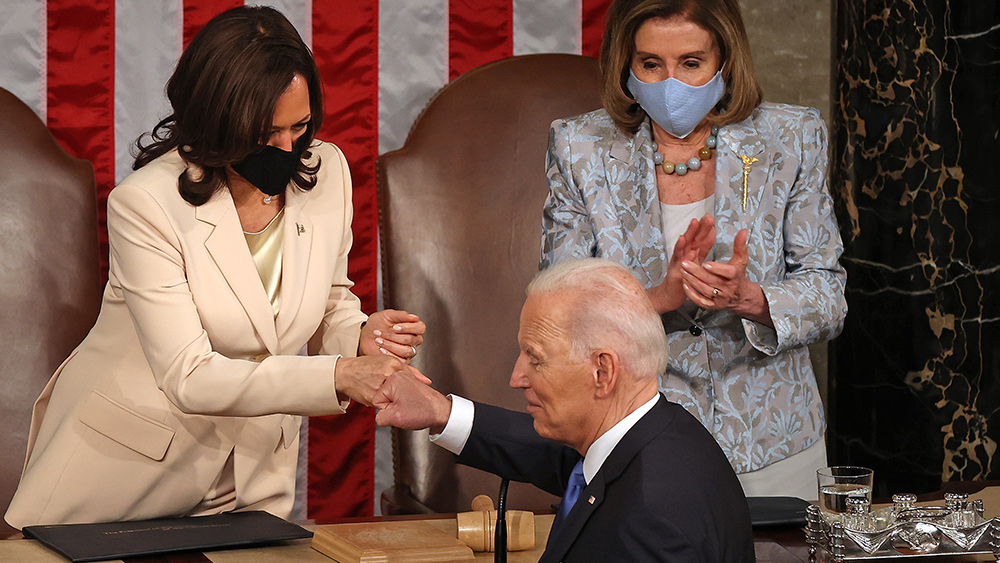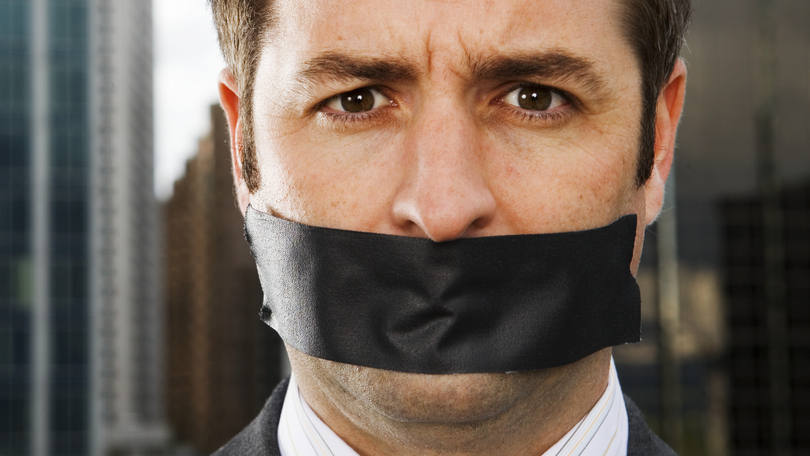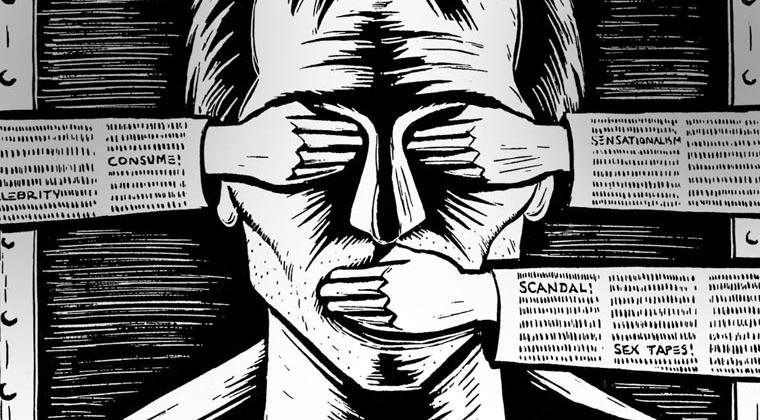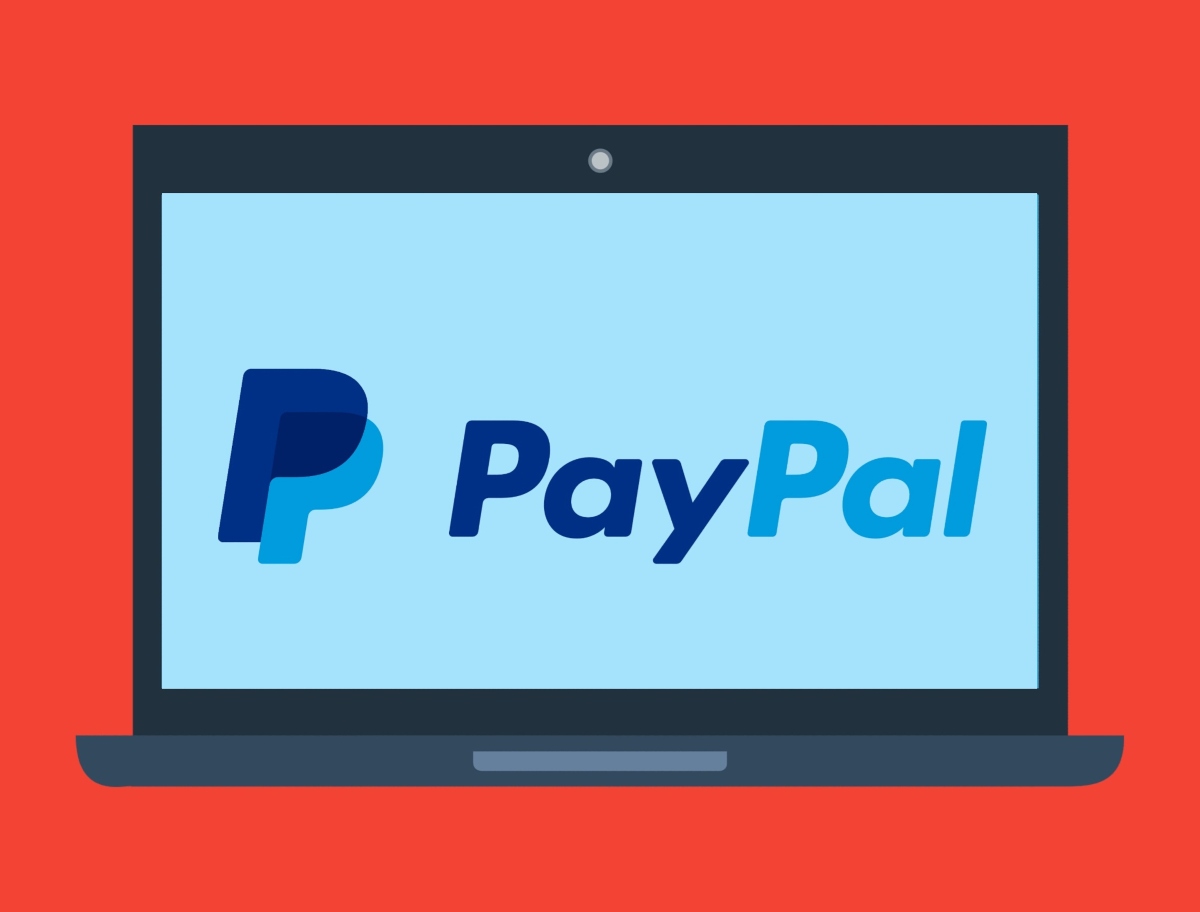Supreme Court deals Apple massive blow by allowing antitrust lawsuit to proceed against tech giant’s monopoly over iPhone apps
05/14/2019 / By JD Heyes
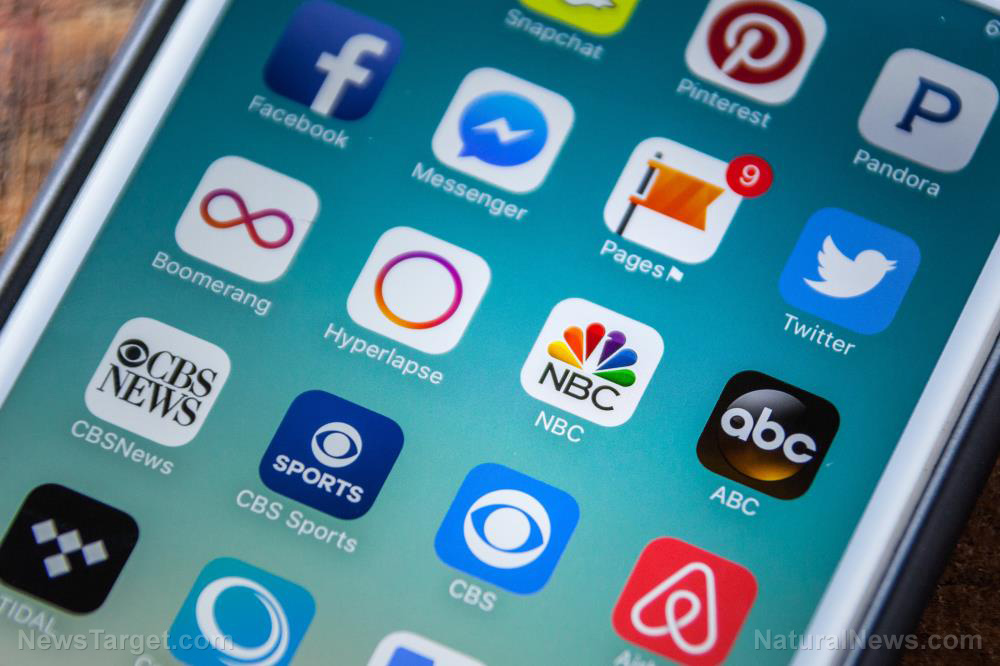
In an age where just a few companies have control over nearly all of the technology market, it was only a matter of time before consumers got some legal relief from their monopolistic practices.
On Monday, the U.S. Supreme Court ruled that a consumer-driven antitrust lawsuit against behemoth Apple can proceed regarding its exclusive control over the iPhone apps marketplace, potentially cutting massively into the company’s portion of billions of dollars in sales of software.
As The Wall Street Journal reports:
Plaintiffs, who are suing on behalf of a class of app purchasers, allege consumers pay inflated prices because Apple requires that all phone software be sold and purchased through the company’s App Store. Apps would be cheaper if software developers could sell them directly and bypass Apple as a middleman, the lawsuit alleges.
In most cases, Apple extracts a 30-percent cut of all apps that it sells. In addition, Apple receives 15 percent of subscriptions that are sold via its App Store after a subscriber’s first year as a member.
The suit contends that other App Store rules affect pricing as well like the company’s mandate that every app price point end in “99 cents.” That means app developers can only establish prices in increments of a dollar, such as $1.99, etc.
The high court concentrated mostly on a principal issue: Whether consumers had standing to sue Apple over the practices. And in a narrow 5-4 ruling authored by the court’s newest member, Justice Brett Kavanaugh, a majority of justices said yes.
Apple argued that consumers should not be permitted to sue the company because app developers are the ones who set prices.
“If accepted, Apple’s theory would provide a roadmap for monopolistic retailers to structure transactions with manufacturers or suppliers so as to evade antitrust claims by consumers and thereby thwart effective antitrust enforcement,” Kavanaugh wrote.
Interestingly, Kavanaugh — whose nomination battle to the high court was bitterly opposed by Leftists — sided with the court’s liberal justices against all of the court’s conservatives, Chief Justice John Roberts and Justices Clarence Thomas, Samuel Alito and Neil Gorsuch.
Lawmakers and the Justice Department have also been looking at Apple
The justices did not address the merits of the claims made by plaintiffs. But if they win, that will likely change the manner in which apps are sold, making Apple liable for substantial monetary damages. The WSJ said that the case could take as long as two years or more to come to a resolution.
The ruling hit Apple particularly hard because the company’s stock was already getting battered after the Trump administration enacted 25 percent tariffs on $200 billion worth of imported Chinese goods on Friday after trade negotiations fell apart.
Apple assembles the bulk of its devices in China; also, Chinese consumers comprise about one-fifth of the company’s total annual sales.
“More broadly,” the WSJ reported, “Monday’s decision could open the door to additional consumer lawsuits against other tech companies that run marketplaces on their platforms.”
At present, Apple derives about 35 percent of its growing services business from its App Store, a huge amount of money. The services business grew substantially in 2018 — 30 percent — accounting for $39.75 billion. The services business has been a boon to Apple amid slowing iPhone sales. (Related: TECHNO-DICTATORSHIP: Apple bans Natural News for publishing true climate science stories that Apple claims are “rejected by the scientific community.”)
There are about 900 million iPhone users around the world who have access to the App Store. Generally, the WSJ noted, the store reaches a more affluent consumer base. Last year, iPhone and iPad users spent an astounding $46.6 billion on apps, which is about double the amount spent on apps purchased from rival Google Play, reports Sensor Tower, a market research company.
Apple has been facing increased antitrust scrutiny from Congress, as well as the Justice Department.
Read more about antitrust issues involving tech giants at TechGiants.news and InformationTechnology.news.
Sources include:
Submit a correction >>
Tagged Under:
antitrust, app prices, app store, Apple, Big Tech, Brett Kavanaugh, Congress, consumers, information tech, iPhone, Justice Department, lawsuit, liberals, monopoly, Supreme Court, tech giants, technocrats
This article may contain statements that reflect the opinion of the author
RECENT NEWS & ARTICLES
COPYRIGHT © 2017 CENSORSHIP NEWS





